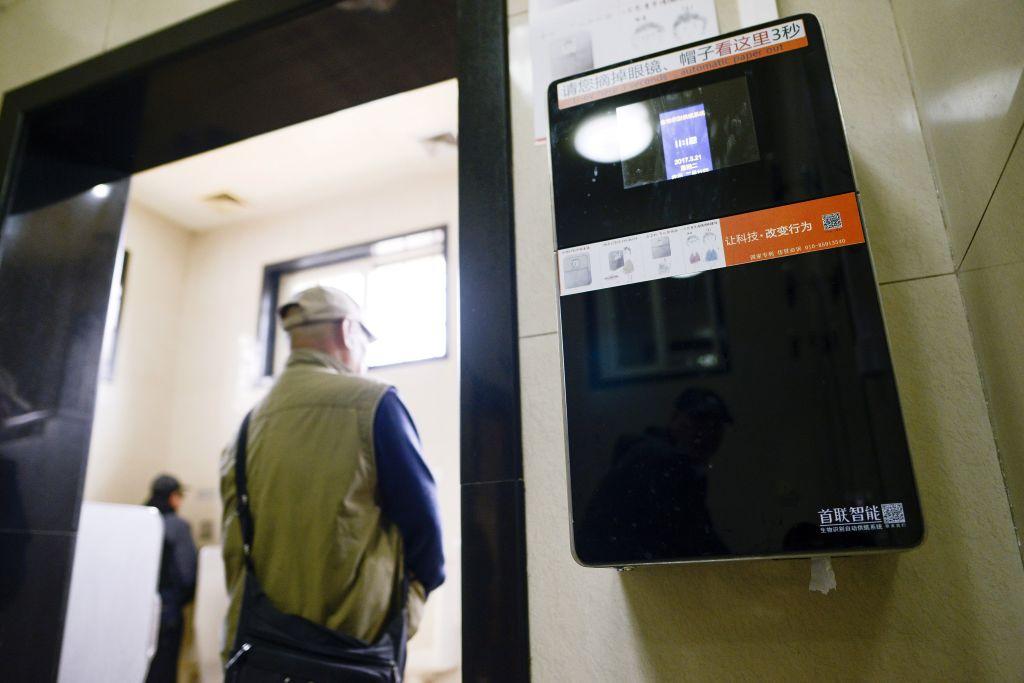The Independent's journalism is supported by our readers. When you purchase through links on our site, we may earn commission.
China's 'toilet revolution' is progressing faster than expected
Two years on from the launch of its 'toilet revolution', China's upgrading of public facilities is progressing apace

Floors swimming in nastiness at a Chengdu hospital, open-to-your-neighbours squat toilets at a Beijing restaurant, and cubicles without doors at a theme park in Kunming: just three of the bathroom nightmares experienced by The Independent’s travel desk in the last two years in China.
But such unexpected delights may be a thing of the past, since last week the Chinese government announced its much trumpeted “toilet revolution” is nearly 90 per cent complete, a year ahead of schedule.
In January 2015, China’s National Tourist Administration pledged to build 33,500 new public toilets around the country, focusing on tourist sites. An additional 25,000 were slated for renovation under a three-year plan.
Last week, the CNTA announced that almost 36,000 toilets have been installed and 15,000 renovated. It’ll be a relief for President Xi Jinping, who had personally approved the scheme – as well as for the 4.4b tourists who visit China’s sights every year.
But the improved facilities have caused extra problems. Last month, Beijing authorities installed facial recognition software at the public toilets in the city’s Temple of Heaven Park, in order to combat an increasing problem of people stealing toilet paper, which is rarely on offer at public facilities.
Now, anyone entering the toilets must undergo a facial scan and be allocated a 60cm strip of paper. The system then bars them from requesting more paper within a nine-minute period. Paper use has dropped from 20 rolls per day to just four since the software was installed, according to China Radio International. Most visitors seem to approve – although one man, Wang Jianquang complained to the New York Times that “the sheets are too short.”
Most toilets at the country’s main tourist attractions have now been upgraded, according to Li Jinzao, head of the CNTA – and lesser known sites are now on the agenda. Hopefully before too long, the revolution will reach Kunming.
Subscribe to Independent Premium to bookmark this article
Want to bookmark your favourite articles and stories to read or reference later? Start your Independent Premium subscription today.

Join our commenting forum
Join thought-provoking conversations, follow other Independent readers and see their replies